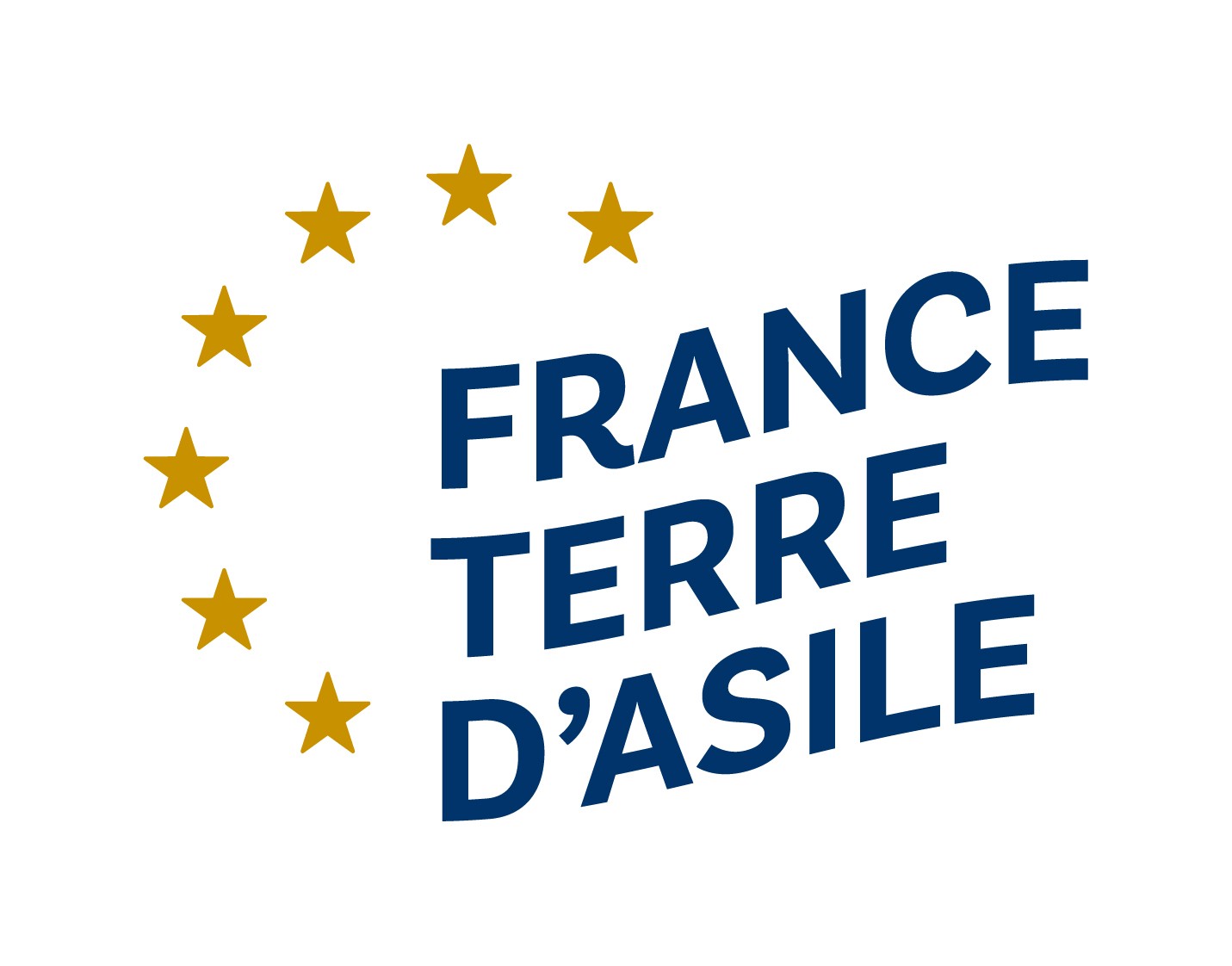The challenge of integrating beneficiaries of international protection in the European Union
Once the stages of reception and processing of their asylum applications have been completed, persons granted refugee status or another form of protection must integrate in their new country of residence. Although the 1951 Geneva Convention and the Common European Asylum System lay the foundations for this, EU Member State governments are putting in place policies with varying degrees of incentives to promote social inclusion of these newcomers in their host societies. What lessons can be drawn from the implementation of integration public policies for beneficiaries of international protection in the Union?
News
The integration in the EU, the responsibility of the refugee or the host country?
A Syrian refugee living in Germany, Shaza Al Rihawi is deeply involved in the promotion of human rights. She is a member of several refugee rights organizations and is also working on a research project that seeks to analyze the process of integration of young migrants within the education system and society in Germany. She shares with us her views on public policies for the integration of migrants and refugees and the main challenges they face in the EU, especially women.
+
News
"Employment is one of the areas where there has been considerable progress in a number of countries"
Led by the Polish Institute of Public Affairs and coordinated by the Migration Policy Group, the "National Integration Evaluation Mechanism" (NIEM) is a transnational research project aimed at promoting the integration of refugees into European societies. It consists in assessing the impact of legislative and policy developments, but also in identifying challenges and good practices in the project partner countries. France terre d'asile is in charge of the evaluation for France.
+
